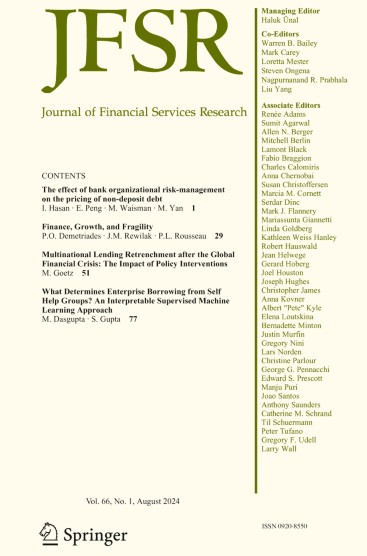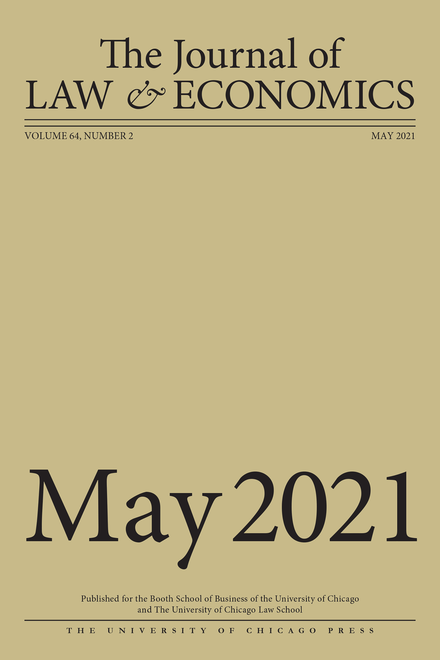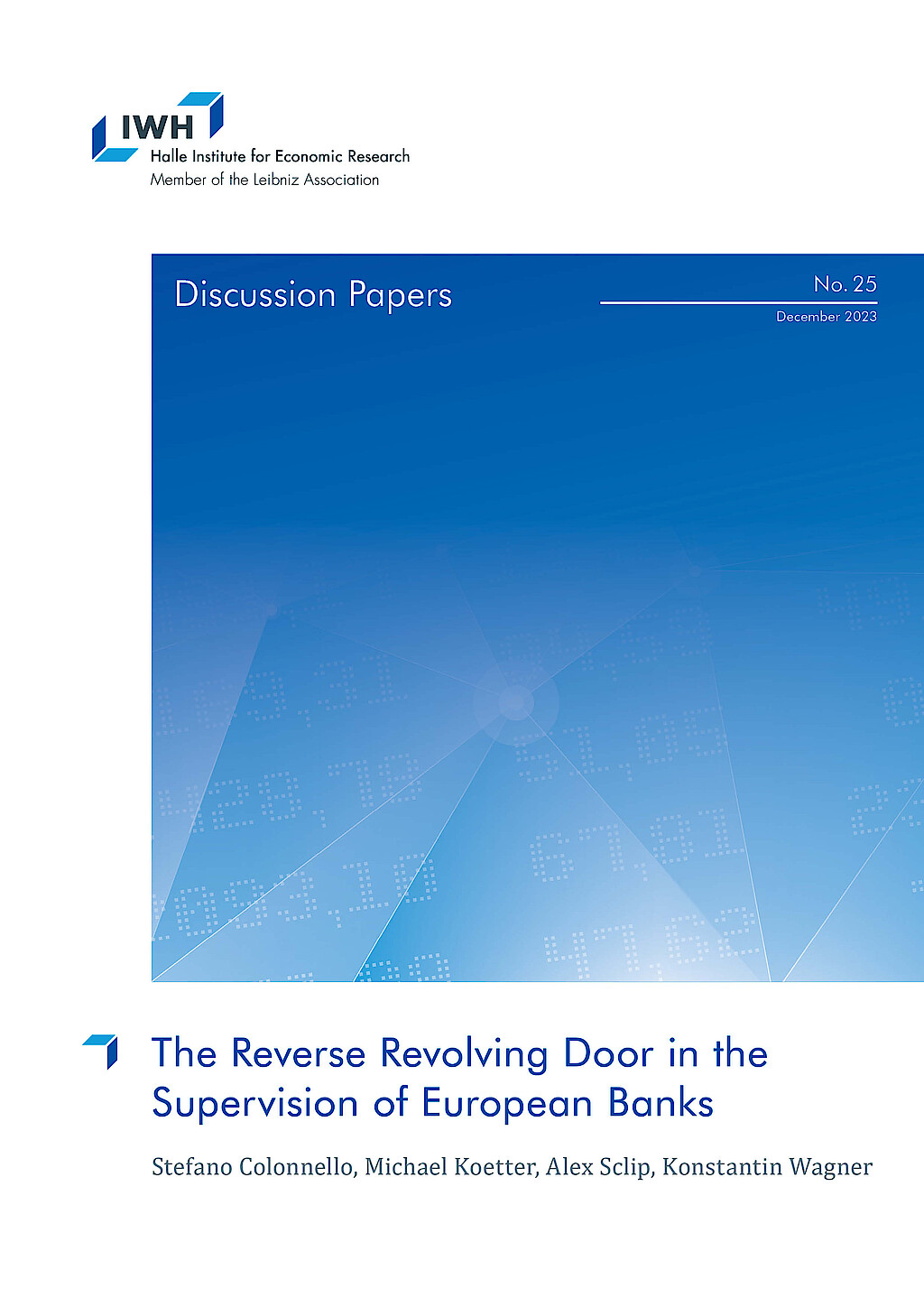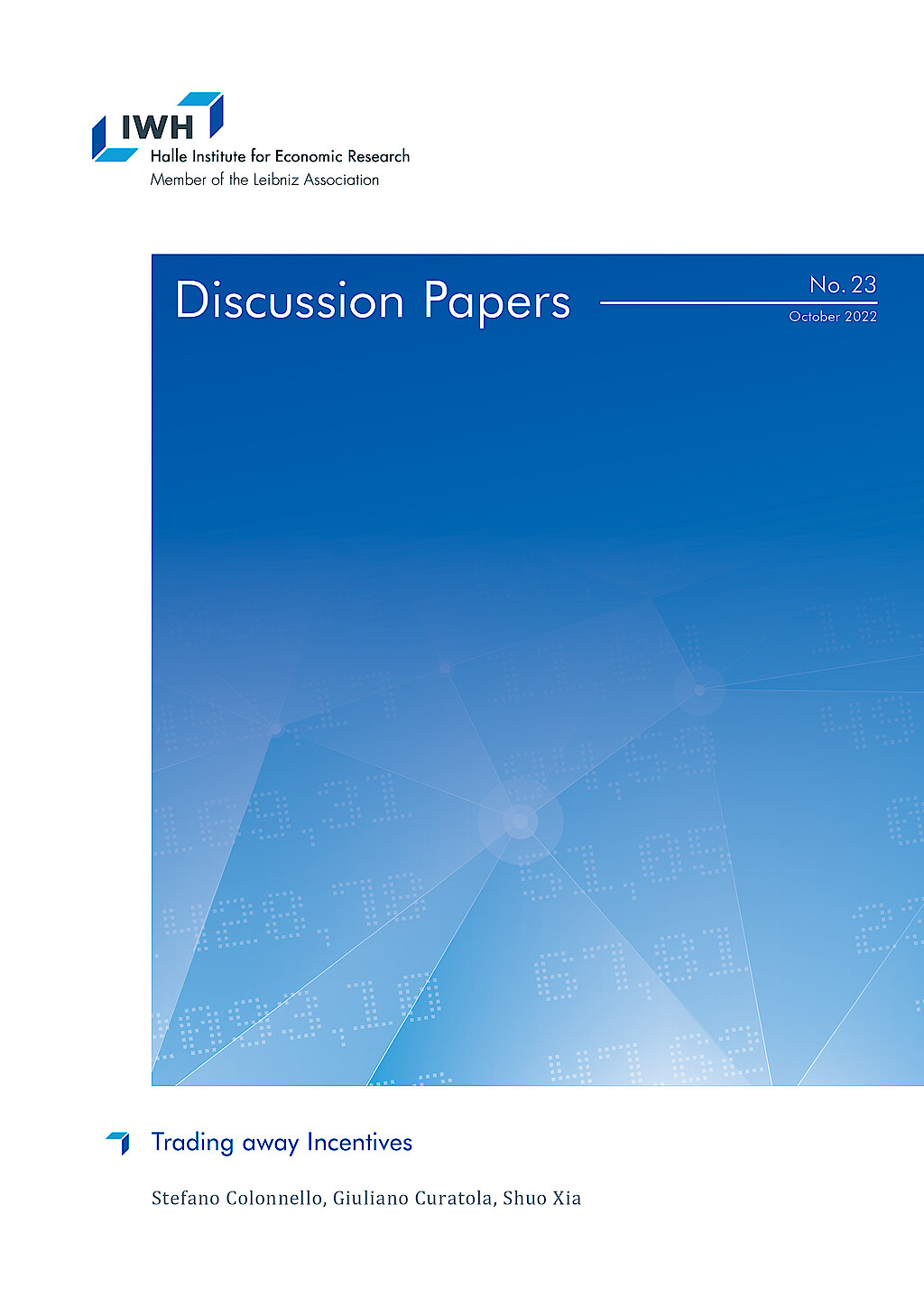Professor Stefano Colonnello, PhD

Current Position
since 3/20
Research Affiliate
Halle Institute for Economic Research (IWH) – Member of the Leibniz Association
since 11/22
Associate Professor of Economic Policy
Ca' Foscari University of Venice, Italy
Research Interests
- empirical corporate finance
- relationship banking
- corporate governance
- law and finance
Stefano Colonnello joined the institute as a Research Affiliate in March 2020. His research focuses on law and finance, empirical corporate finance, corporate governance, and financial institutions.
Stefano Colonnello earned his master's degree from Bocconi University in Milan and a PhD from École Polytechnique Fédérale de Lausanne & the Swiss Finance Institute. He was a member of the Department of Financial Markets at IWH and Assistant Professor of Financial Economics at Otto von Guericke University Magdeburg from 2015 to 2019.










